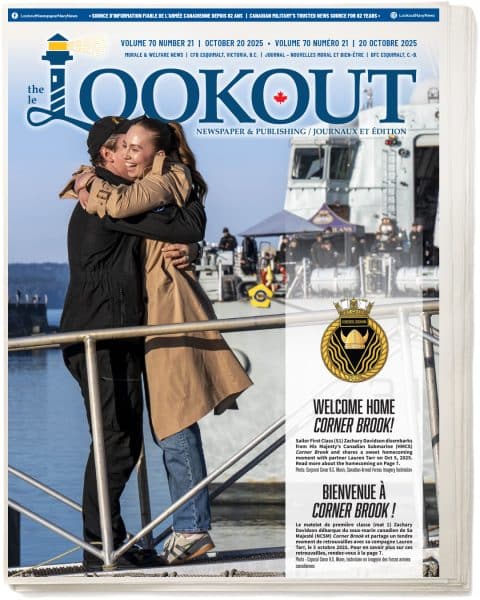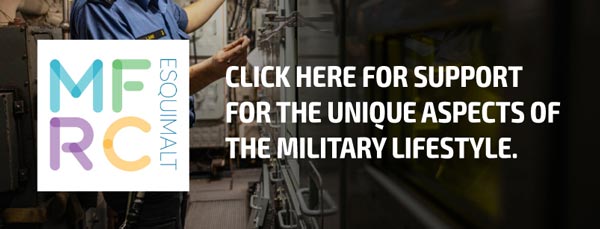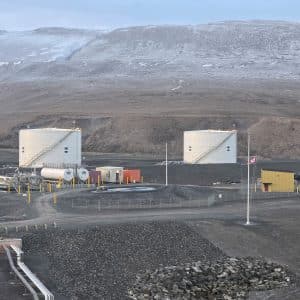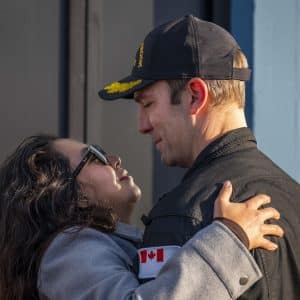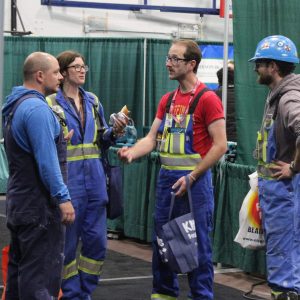How the RCN encouraged a member to start a project in Burundi

Kateryna Bandura
Lookout Editor
—
The Royal Canadian Navy (RCN) instills many valuable skills, but one Naval Warfare Officer is certain that helping people is the most important one.
When Lieutenant-Commander Carl Monk transferred from the Regular Force to the Reserves, he says the idea of service before self and making the world a better place for others stayed with him. He now puts those skills to work in developing countries with a Non-Governmental Organization (NGO) called Transform International.
“My deployments and interactions with people who are less fortunate have shaped my perspective, and I knew I wanted to give back with that philosophy,” he said.
Serving has garnered him a fair amount of international experience, including Sudanese hospitality while deploying on a United Nations military observer tour in Sudan in 2008 and managing small vessels with migrants while on the boarding team of HMCS Algonquin in the Gulf of Oman during Operation Apollo in 2002.

Monk purchases sweets from another Street Business School graduate who started a small kiosk selling various wares in the village.
“[These] migrants had paid to be transported over water in tiny, horrible boats with outboard engines, hardly seaworthy and often lost at sea without even a functioning compass. They had risked everything for a chance at opportunity,” he said.
Last year he volunteered to assume the CEO role; nowadays, he leads a project in Burundi, the poorest country in the world. The project, he says, is changing people’s lives.
“It is an amazing project that teaches very basic ‘street business’ skills to would-be entrepreneurs who want to start a small business or who already run one,” he said.

Carl Monk (centre) meets a graduate of Street Business School (SBS) near a small village outside Gitega city, Burundi. This young man has started five businesses since attending the SBS, and now has five employees.
So far, the six modules of weekend training have resulted in graduates doubling and tripling their incomes, going from $1.20/day in earnings to $4/day.
“We also recently built a commercial bread oven that uses 90 per cent less wood than a conventional oven, which makes a big difference in a country facing deforestation,” he said. “There is a lot of coordination that has to happen behind the scenes to drive these projects forward to fruition.”
The most challenging aspect of his role is constantly working across various time zones and cultural differences.
“My current project in Burundi has me working in the common language of French, but this is not my first language nor the first language of the Trauma Healing and Reconciliation Services Center, the organization I work with in Burundi; their first language is Kirundi. It took me quite a while to understand the perspective and paradigms of the people I am working with in Burundi, and the challenges they face,” he said.
But Monk says he still has ‘lots of gas in the tank’ to improve the world.
“RCN members are some of Canada’s best and brightest who want to achieve positive results and do good things,” he said. “They can help make a difference because the Navy provides experience in leadership, tenacity, the ability to think on one’s feet, to adapt and overcome to achieve success, always keeping a positive and respectful attitude, and teamwork.”
He encourages anyone with interest in making a difference to visit the Transform International website, or contact carl.monk@transforminternational.ca
About Transform International:
Transform International (TI) is a small Non-Government Organization founded several years ago. It aims to reduce poverty in developing countries by assisting communities in developing clean drinking water supplies, improving sanitation systems such as safe drinking water in hospitals, schools, and community wells, and developing access to education and electricity. Everybody is a volunteer, so there is no overhead or salaries to be paid. The organization has projects in Burundi, South Sudan, Niger, Malawi, Mexico, Bolivia, Kenya, and one soon in western Rwanda.
